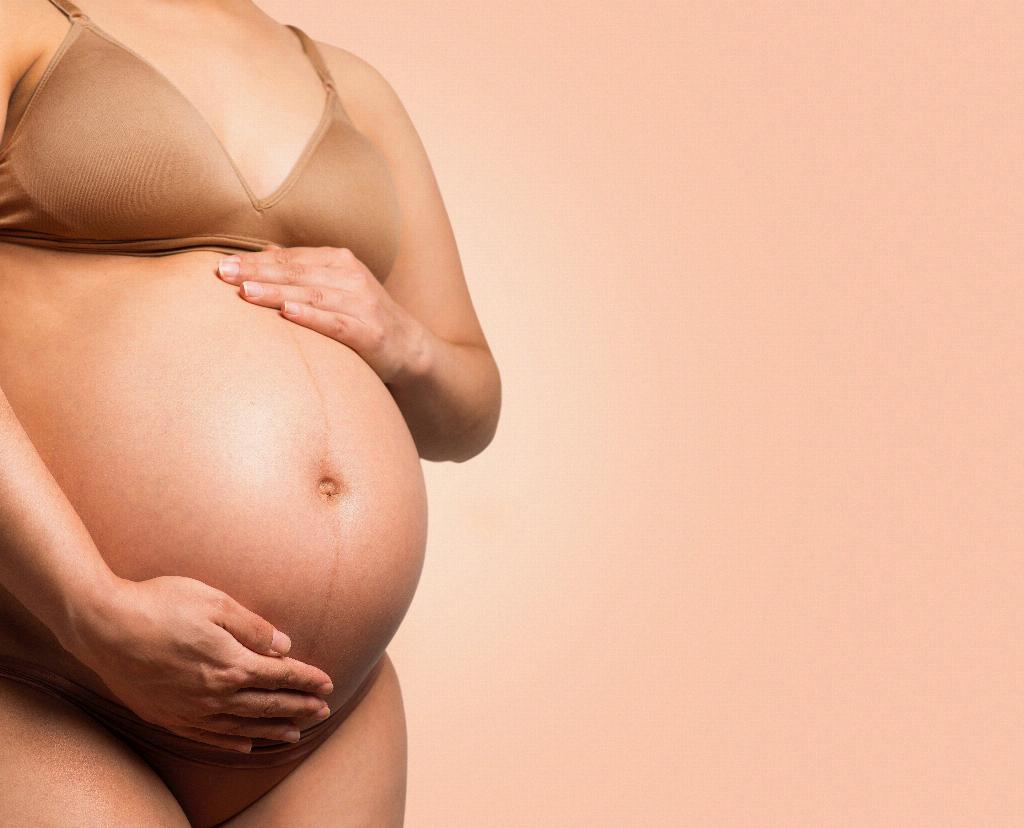Many new moms wonder about the duration of contractions after having a cesarean section, especially as they navigate the postpartum period. Contractions following a C-section are different from labor contractions and typically last for about seven to 10 days. These contractions, also known as afterpains, can catch some women off guard due to their intensity compared to what they experienced during labor.
Frequency and Intensity
Postpartum contractions are sporadic and can vary in intensity from woman to woman. The pain level is often most acute during the second and third days after the C-section. It is important for new moms to be prepared for these contractions and have appropriate pain management strategies in place to help them cope during this period.
Triggers of Contractions
One significant trigger of postpartum contractions is the release of oxytocin, a hormone that plays a crucial role in breastfeeding. When a new mom breastfeeds or pumps, the body releases oxytocin, which can lead to contractions. This natural process helps the uterus to contract and shrink back to its pre-pregnancy size.
Duration and Timing
As mentioned earlier, postpartum contractions typically last for about seven to 10 days after a C-section. It is essential for new moms to understand that these contractions are a normal part of the postpartum recovery process and can occur at any time, whether while resting, breastfeeding, or engaging in other daily activities.
Managing Postpartum Contractions
There are several ways to manage postpartum contractions effectively. Using heat pads or warm compresses on the lower abdomen can provide relief. Over-the-counter pain relievers, as recommended by a healthcare provider, can also help alleviate discomfort. Additionally, staying well-hydrated and getting proper rest can contribute to easing the discomfort associated with postpartum contractions.
Consulting a Healthcare Provider
If new moms experience severe or prolonged contractions after a C-section, it is crucial to consult with a healthcare provider. They can assess the situation and provide guidance on managing the pain or recommend further medical intervention if necessary.
Reassurance and Support
Experiencing postpartum contractions after a C-section can be a challenging aspect of the postpartum journey. Seeking reassurance from healthcare providers, family members, or support groups can help new moms navigate this phase with confidence and peace of mind.
Embracing the Recovery Process
Understanding that postpartum contractions are a natural part of the body’s healing process can empower new moms to embrace their recovery journey with positivity and resilience. Taking each day as it comes and prioritizing self-care can facilitate a smoother transition through this postpartum phase.
Listening to Your Body
During the postpartum period, it is essential for new moms to listen to their bodies and honor their physical and emotional needs. Resting when needed, seeking support when necessary, and staying attuned to any changes or discomfort can contribute to a more comfortable recovery experience.
Connecting with Other Moms
Connecting with other new moms who have gone through or are currently experiencing postpartum contractions after a C-section can provide valuable insights and a sense of camaraderie. Sharing experiences, tips, and encouragement can create a supportive community during this transformative postpartum phase.
Celebrating Milestones
As the days pass and postpartum contractions gradually subside, celebrating milestones along the recovery journey can be empowering. Whether it’s the first day with milder contractions or the day when they eventually dissipate, acknowledging these achievements can boost morale and foster a sense of accomplishment.
Embracing the Journey
In conclusion, the duration of contractions after a C-section typically spans about seven to 10 days. Understanding the triggers, managing the pain effectively, seeking support when needed, and celebrating progress along the way can help new moms navigate this postpartum phase with resilience and grace. Each individual’s experience is unique, but with knowledge, preparation, and self-care, the postpartum journey can be a transformative and empowering time of healing and recovery.

